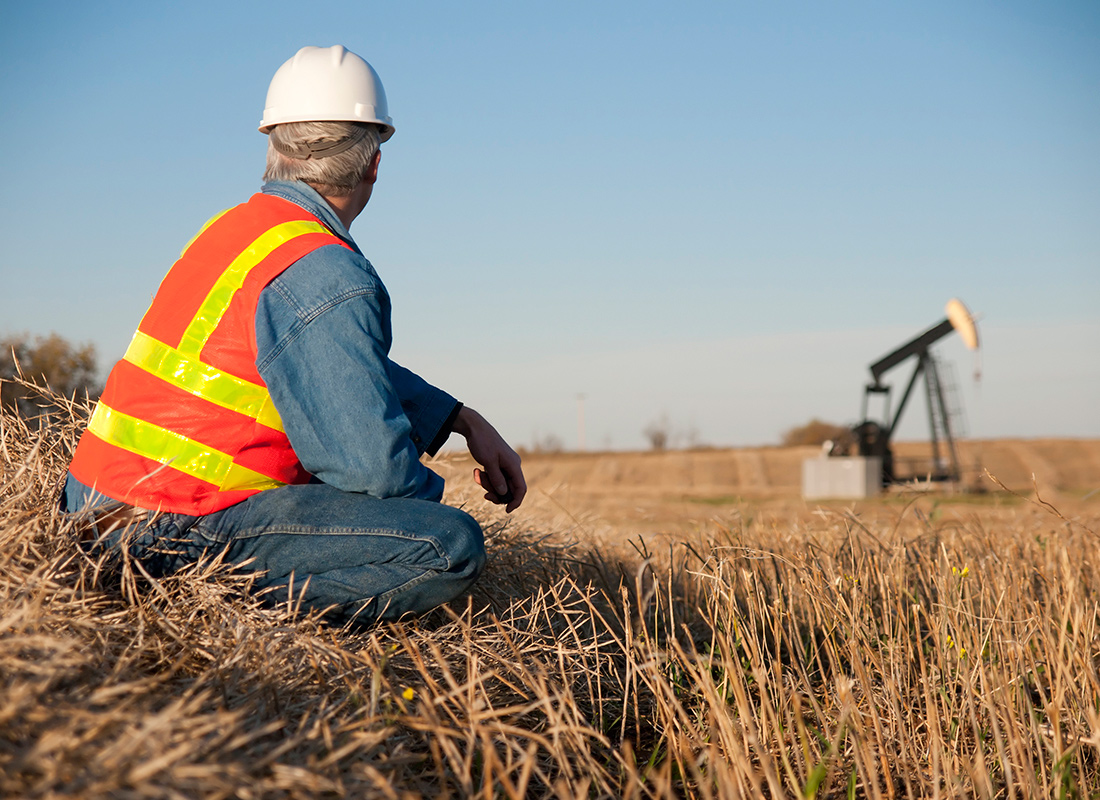All Categories
Featured
Table of Contents
Geophysical Methods in Mount Hawthorn WA 2021
This work is significantly contracted out, so consultancies offer another source of work. Consultancy firms differ in size, from very little companies to large multinationals. Some consultancies are quite specialised in using specific geophysical techniques or operating in specific places, while others use a more diverse range of services to their clients.
The extraction of gas from landfill sites is another area of employment and this may grow in the future. Exploration business might undertake work for construction firms, water business, mining companies and ecological firms, so geophysicists may be employed in any of these settings. Other employers consist of: geological surveysgovernment bodies and agenciesuniversities and research study institutes.


Vacancies may be noted in the oil and gas sector press. Recruitment is affected by oil rate fluctuations and the level of competitors for positions varies depending on this. Professions Days, which cover the full variety of geoscience careers and are normally attended by a number of crucial industry employers, are run by The Geological Society.
What Is The Difference Between Geophysical Method And ... in Walliston Oz 2020
Some of the big oil and gas business provide a full two-year structured training program across the breadth of geophysics, including the chance to experience operate in different groups prior to specialising in one location. Your training might include work on: existing wellsmagnetic and gravitational potential field information analysisresearchrock analysis. It's more normal for your preliminary training to be offered on the task.

There might be a probationary period throughout which you work alongside a skilled colleague. Competency-based appraisals take location routinely in the majority of companies. In smaller sized firms, and for scholastic posts, there is not likely to be any official training - you'll be anticipated to begin work straightaway and get abilities as you go along.
If you work for a smaller sized company, you may discover that you need to take responsibility for setting up and moneying your own development and training. If you have a geology degree, subscription of The Geological Society can be helpful for networking and for keeping up to date with the market.
Geophysical Surveys in Girrawheen Australia 2022
You may likewise find it helpful to join the PESGB (The Petroleum Exploration Society of Great Britain, which has a geophysics special interest group. After a probationary duration, and when you've gained some experience, you might progress to senior geophysicist, then team leader and after that into a senior function in management.
The ease of motion between roles depends upon the company structure. Study at Masters or Ph, D level in a subject associated to geophysics or geosciences might aid with your career advancement and progression. The work market within the oil and gas market is really based on cost and this might impact your opportunities for career development.
For experienced geophysicists, freelance consultancy uses a great path for profession development. As a geophysicist, you're most likely to have several jobs throughout your working life.
Marine Geology And Geophysics in Swan View Western Australia 2021
From geophysics, it's possible to concentrate on seismology (finishing additional training to become a seismic interpreter) or to move into related locations such as engineering geology or risk prediction.
Choosing what to study in college is a hard option. Even if you understand that your field of interest lies in science, what program of research study is ideal for you? If you make the choice to significant in physical and life sciences and pursue a profession as a geophysicist, you're preparing for an exciting and profitable profession.
But the primary step to attaining your objective of ending up being a geophysicist is making a degree. Even for entry-level positions in the field of geoscience, you'll require a bachelor's degree (a geophysicist college degree) from a recognized college or university. Some research positions need candidates to hold master's degrees and even Ph.
Geophysical Survey - Archaeological Research in Wellard Oz 2023
Doctoral degrees are specifically important if you prepare to teach at a four-year organization. Geophysicists apply physics concepts and strategies to study the gravitational, magnetic, and electrical fields of the earth. This advances researchers' knowledge of both the world's interior core and its surface area. Geophysicists need to have the ability to: analyze rocks, pictures, and other pieces of data conduct research study both in the field and in laboratories produce maps and charts of their findings write reports To achieve all this, trainees need a specialized education for geophysicist professions.
As mentioned above, you'll need a bachelor's degree in geoscience or an associated discipline, such as a physical science or a life sciences, to land an entry-level task. But students can also prepare by learning subjects like: Biology Chemistry Computer technology Engineering Mathematics Physics The above geophysicist majors provide a more generalized technique to a single scientific discipline, but most programs need students to take several geology course.
Latest Posts
Geophysical Surveys Definition & Meaning In Stock ... in Murdoch Oz 2023
About Environmental Geophysics in Middle Swan Aus 2022
Geophysicist Job Description in Australia 2021